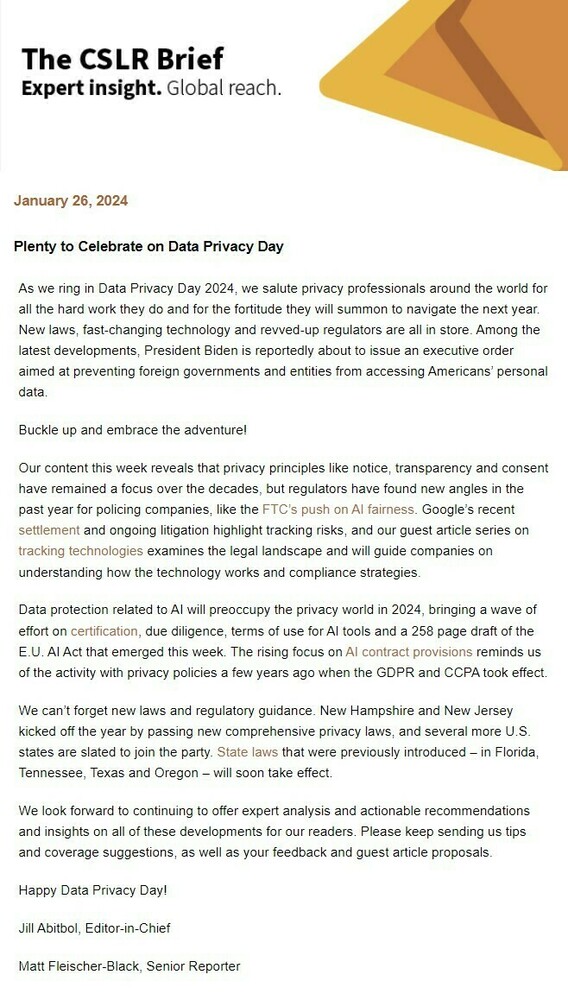Mass arbitration has become a potent weapon in consumer privacy litigation. In one recent case involving claims under the Illinois Biometric Information Privacy Act (BIPA), Samsung turned the tables on the claimants, who likely were counting on leveraging the applicable American Arbitration Association (AAA) filing fee, by refusing to pay the fee, prompting the AAA to terminate the arbitration. The case ended up before the U.S. Court of Appeals for the Seventh Circuit (Court), which found that claimants had not established the existence of a binding arbitration agreement, and, even if they had, the arbitration had already been completed in accordance with AAA rules. This article, the first of our two-part coverage of the case, examines the Court’s analysis and discusses relevant procedural background. In the second article, David Oberly, biometrics team lead at Baker Donelson, will address the key takeaways and practical implications of the decision, provide strategies for strengthening arbitration agreements and discuss the future trajectory of mass arbitration tactics in BIPA class action litigation. See “Aftermath of the Ninth Circuit BIPA Liability Shake‑Up in Zellmer v. Meta” (Oct. 23, 2024).



